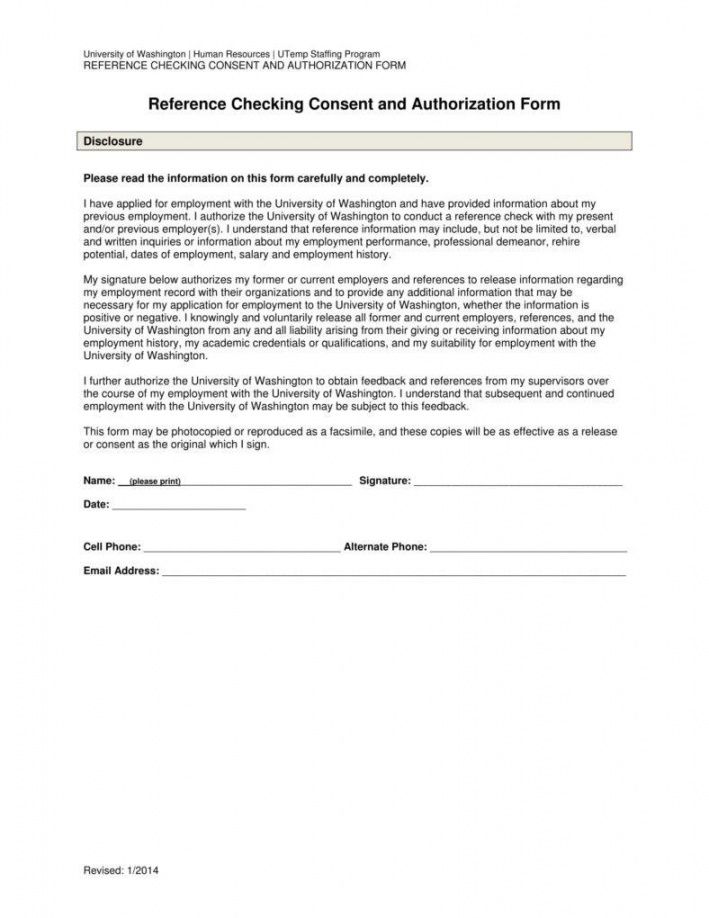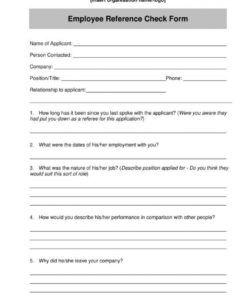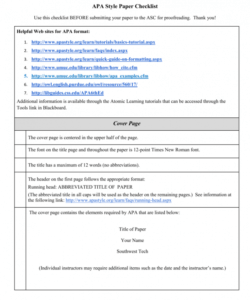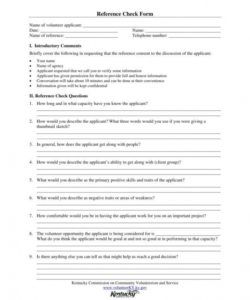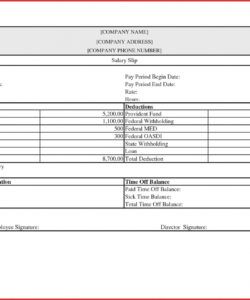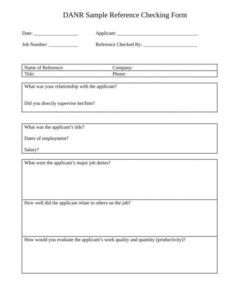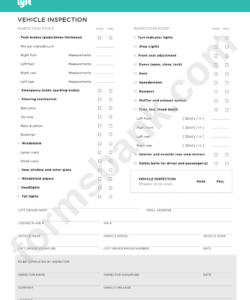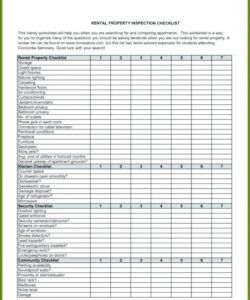Reference checklist template, Have you ever encountered the”Oops” situation? Ever said”oops” when the customer received a damaged or non-working solution, once the price rang up incorrectly, once the bonus wasn’t included within a worker’s check, or every time a quarterly insurance payment was missed? We all have experienced an”oops” scenario, and we understand how that feels and what it costs. Using checklists Can Help Decrease the number of”oops” moments
Many times a checklist can stop an inevitable situation from turning into an emergency situation. By implementing a checklist you probably will have planned well enough you will be able to quickly put a strategy into action and avoid the crisis. To actually be prepared (there are so many aspects to our lives that incorporate together, yet are clearly different) there are many distinct types of checklists that are needed so that you are prepared when any given situation arises. Here is a list of some of the checklists you will need to begin your planning process:
A checklist is a list of tasks or items that you”check off” as you finish each item/task on the list. Checklists are everywhere and therefore are an essential component of the majority of actions – both personal and company. In our own daily lives, we make checklists for organizing (“To-Do Lists”), planning (birthday celebration ), prioritizing (bills to pay), shopping (grocery list), etc. Company is no different; checklists are essential to an effective, efficient, and profitable operation.
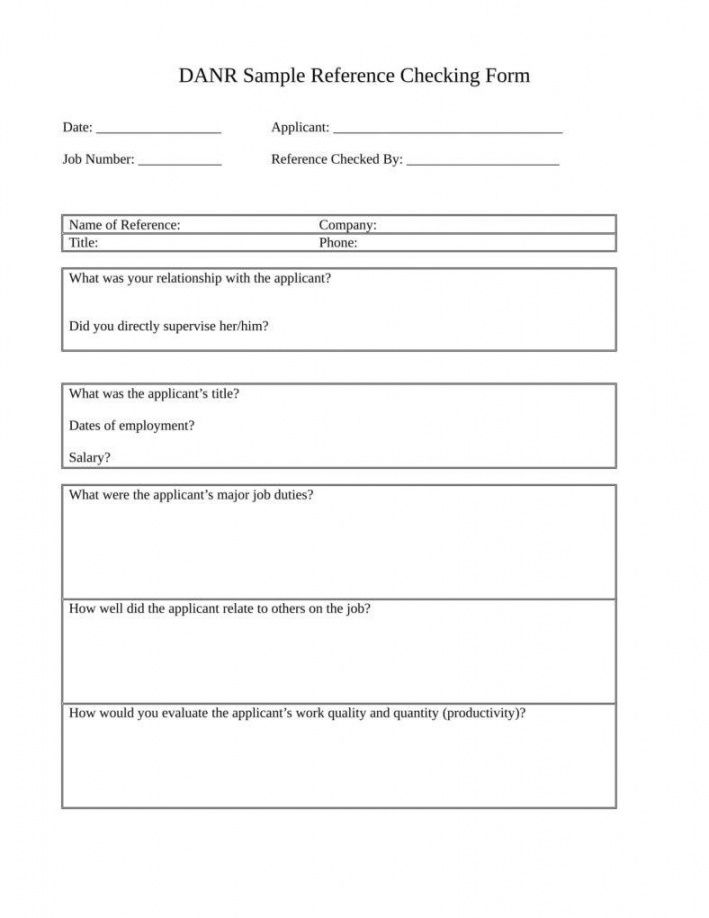
Business owners and managers from all size businesses now acknowledge the benefits of and recognize the value of checklists as a significant tool for company growth and profit. Checklists aren’t only task lists, but they also carry important details about strategy, key personnel responsible for actions, and required resources needed for success. Most importantly, business checklists push all action toward the target completion date along with the intended business goal.
The point to utilizing checklists in business is to run productively and efficiently, keep prices low, and earn a profit. As we’ve discussed above through examples, checklists can be used in all facets of any kind or size operation. Checklists help to arrange tasks, handle time, operate more efficiently, avoid excess expenses and wasteful ways, and ensure compliance with policies, laws, and processes. Checklists can be developed , can be purchased via a commercial source, or purchased and altered to satisfy your particular requirements. Purchasing a commercially available checklist that has been tested by many other small business owners can save you a lot of time and money. However your checklists are created, their use leads to a powerful and rewarding business.
The significance of employing a professionally designed direction checklist to function as a manual for handling your business operations cannot be overstated. A sound checklist aids management by coordinating important criteria, improving objectivity and strengthening reproducibility. A checklist makes planning, tracking and guiding operations, and assessing business aims, an easier and also a far more efficient procedure. With such a tool, you greatly enhance your ability to provide consistent client service, fulfill your financial and profit objectives, be concentrated and organized as well as operate your business better.

